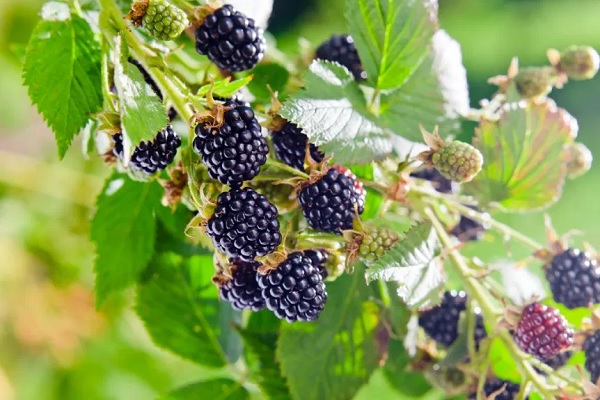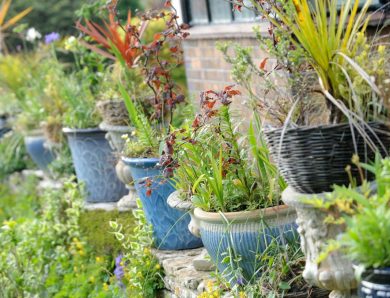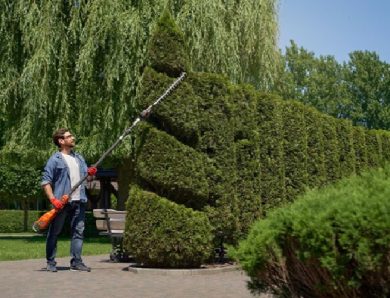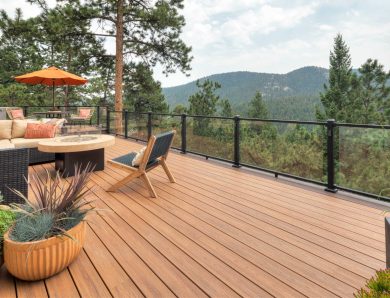
All What You Should Know About Blackberry Plants
The soil
Blackberries prefer fertile soil with a slightly acidic (approx. 6.0) pH. The soil should not be too dense, impermeable. Blackberry plants do not tolerate floodplain areas (even with short-term flooding) and closeness to the groundwater.
Sunlights
Blackberries develop better in quiet, sunny areas or partial shade.
Temperature
Cultivated blackberry varieties are characterized by a significant variation in susceptibility to freezing. Therefore, you should choose a variety suitable for the climatic conditions of a particular region. For blackberries, low temperatures are dangerous in autumn, when the plants have not yet entered the resting phase. But the most dangerous for them are temperature fluctuations at the beginning of spring, especially when periods of warming alternate with the return of frosts.
Water
Blackberries withstand a temporary lack of moisture because their roots go deeper enough. However, this period should not be too long, as it will negatively affect plant growth and yield. To ensure optimal plant growth conditions, it is recommended to use a plantation watering system, especially on permeable and light soil.
When and how to plant them
The best time for planting a blackberry is early spring. Blackberries plant for sale can also be planted in late autumn, but in this case, the plants should be protected from frost. Blackberry seedlings are planted a little deeper than they grew in the nursery (approx. 3-4 cm). Here you can buy high-quality blackberry plants https://www.chrisbowers.co.uk/. On this site, you can find various types, varieties, and hybrids of fruit trees for sale.
The land around the newly planted plants is strongly compacted. The distance between plants bearing two-year-old shoots depends on the method of bushes management. The growth vigor of the given variety and can range from 1.0 m to 3.0 m. The minimum distance between plants of varieties bearing annual shoots is up to 0.5 m, the distance for plants grown in a pot may be slightly less.
The distance between the beds depends on the equipment available. The minimum distance between the beds is 1.8 m but the optimum is 2.5-3.0 m.
Feeding
The basis for fertilization is the analysis of the soil and its replenishment with missing components by the recommendations attached to the analysis.
Weeding
Weeding is the main preparatory stage in the processing of the blackberries’ growing. Weed control before planting will facilitate future maintenance.
Pruning
The pruning and shaping of blackberry bushes depend on the variety and method of fruiting. In the case of blackberries bearing two-year-old shoots, in the first year of cultivation, several main shoots are left, which, as a rule, are placed on supports. In the second year of cultivation, in early spring, the main shoot is shortened at a height of about 1.70 m, and the lateral shoots are cut to a length of 30-40 cm.
Fruit-bearing shoots grow from the buds located on the shoots, which will bloom and bear fruit. After harvesting, these shoots are cut low above the ground and at the same time thinning annual shoots, leaving about 5-7 pieces for the next season.




